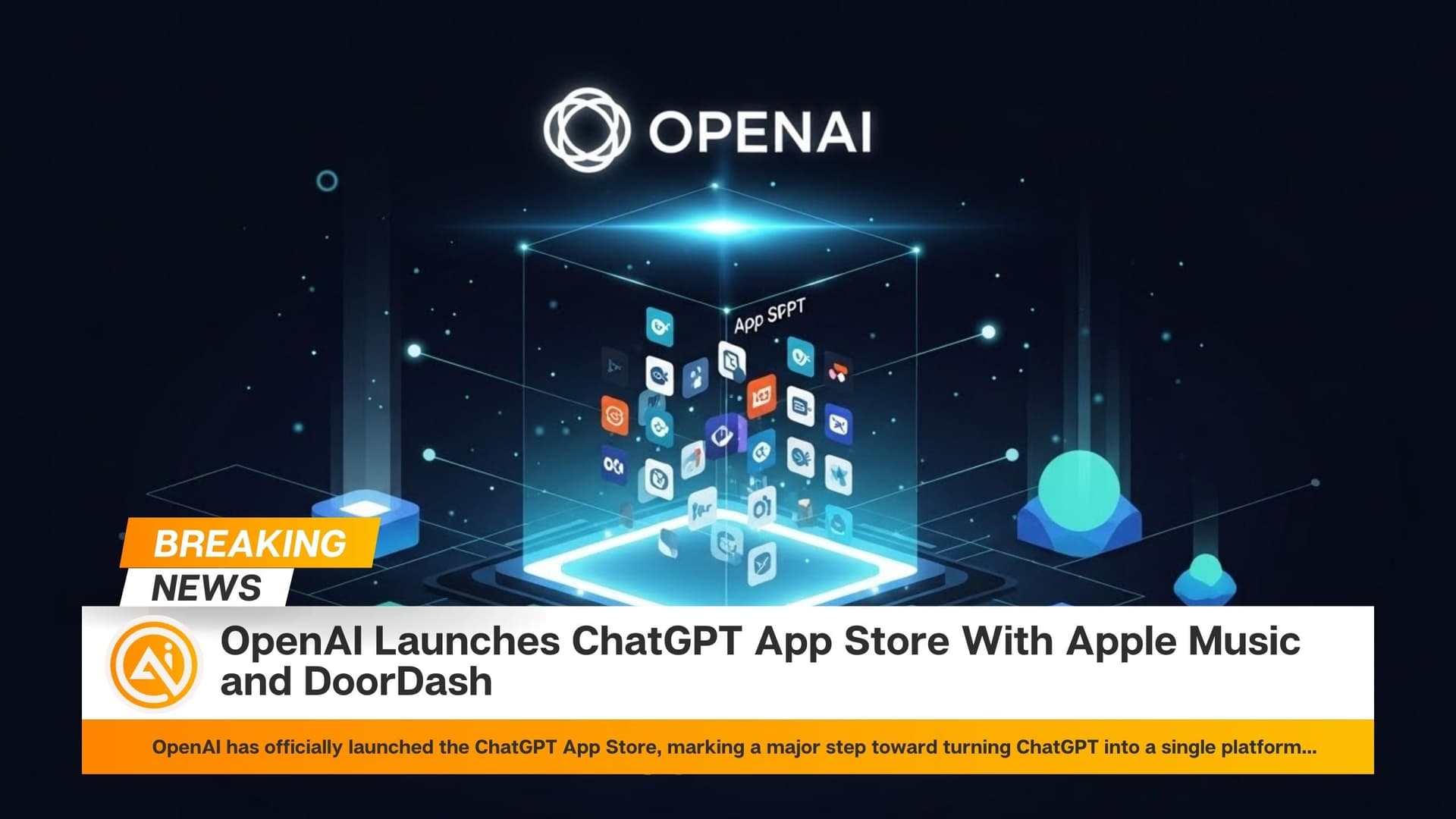A recent study by AI detection firm Copyleaks suggests that DeepSeek AI’s writing style is strikingly similar to OpenAI’s ChatGPT. According to the research, 74.2% of DeepSeek’s text output closely matches ChatGPT’s style, raising questions about whether it was trained using OpenAI’s data.
The findings could have major implications for intellectual property rights and AI regulation. The study, set to be published on Cornell’s arXiv.org, used advanced detection techniques to analyze multiple AI models, including OpenAI, Claude, Gemini, Llama, and DeepSeek. While most models exhibited unique writing styles, DeepSeek’s results consistently aligned with OpenAI’s.
Shai Nisan, head of data science at Copyleaks, compared the study to a handwriting analysis where an expert identifies an author’s unique style. The findings suggest that DeepSeek may have been influenced by OpenAI’s models, although this does not serve as direct proof of unauthorized use.
The study highlights the lack of transparency in AI training, as it remains unclear whether DeepSeek used ChatGPT-generated text without permission. If proven, this could violate OpenAI’s terms of service and intellectual property rights.
The study’s findings come at a time when AI regulation is still evolving, with growing concerns over training data usage and AI-generated content ownership. The issue is further complicated by the broader AI industry’s practices, as OpenAI itself has faced criticism for training on large amounts of internet data without explicit permission. Experts argue that stronger regulatory frameworks are needed to ensure transparency in AI model development.
DeepSeek’s rapid rise has also impacted the AI market. Earlier this year, the company claimed its innovative training methods reduced reliance on expensive Nvidia processors, leading to a dip in Nvidia’s market value. If DeepSeek’s advancements are found to be based on OpenAI’s outputs, it could result in financial and legal consequences. While AI fingerprinting provides insights into potential overlaps between models, it does not serve as definitive legal proof, leaving the issue open for further investigation. DeepSeek has not yet responded to the study’s findings.
